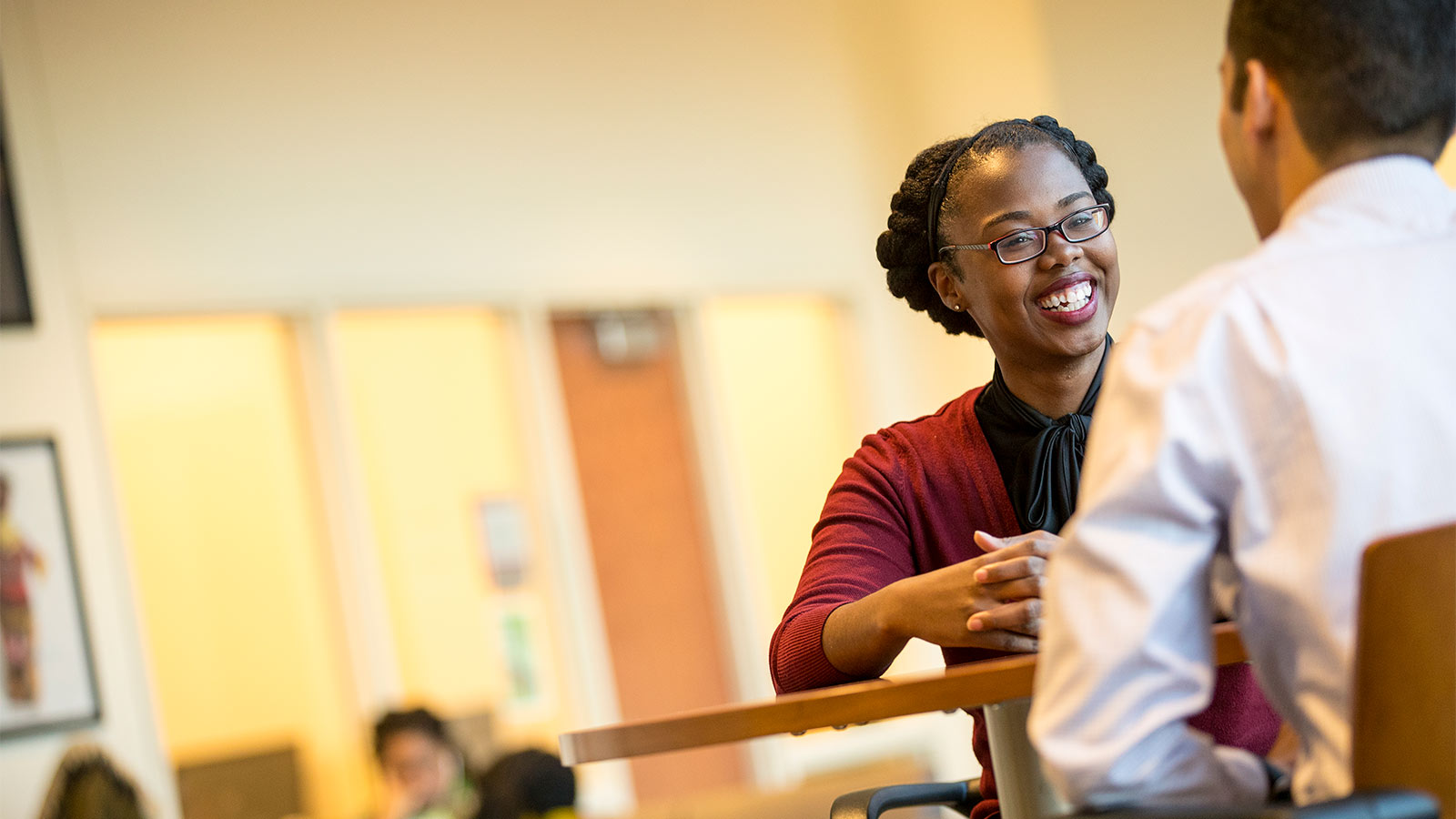Faculty TipSheet Resilience
Learn how to bounce back from adversity

Resilient people seem to roll with the punches and recover quickly from setbacks and disappointments. We are living in turbulent times and the stress associated with our jobs often leaves us feeling less than resilient. Resilient people do not live without adversity or stress. Rather, they have learned how to bounce back from adversity. Here are some tips offered by the Mayo Clinic to improve your resilience.
- Get connected. Build strong, positive relationships. Friends and family can provide you with needed support and acceptance in both good times and bad.
- Make every day meaningful. Do something that gives you a sense of accomplishment and purpose every day.
- Learn from experience. Think of how you’ve coped with previous hardships. Some people keep a journal and use it as a reminder of coping skills that were helpful in the past.
- Remain hopeful. You can’t change the past, but you can always look toward the future.
- Take care of yourself. Tend to your own needs and feelings. Participate in activities and hobbies you enjoy. Include physical activity in your daily routine. Get plenty of sleep. Eat a healthy diet.
- Be proactive. Don’t ignore your problems. Instead, figure out what needs to be done, make a plan, and take action.
Becoming more resilient takes time and requires action steps. If you try the above tips and don’t feel you’re making progress — or you don’t know where to start — there are many resources available to university employees and their families to help navigate difficult times.
- Counseling and School Psychology Clinic – The CSPC’s mission is to improve educational, social, emotional, and behavioral functioning and interactions of individuals, families, and groups through counseling, therapy, consultation, and education. Location: 50 Teachers College Hall. Phone: 402-472-1152. Website: cehs.unl.edu/edpsych/clinic.
- Couple and Family Clinic - The Couple and Family clinic provides evidence-based treatment in couples, family, and individual counseling. Services are available in Spanish. Location: 35th Street and East Campus Loop. Phone: 402-472-5035. Email: thecoupleandfamilyclinic@gmail.com. Website: cehs.unl.edu/cfc.
- Employee Assistance Program - The EAP is a confidential service offered to university employees and their immediate family members at no charge to help with personal or work-related problems affecting general well-being, work performance, or academic performance. Location: 501 Stadium Drive, Room 128 Phone: 402-472-3107. Email: eap@unl.edu. Website: hr.unl.edu/eap.
- Psychological Consultation Center - The PCC provides affordable mental health services for children, adolescents, and adults. Location: 325 Burnett Hall. Phone: 402-472-2351. Website: psychology.unl.edu/pcc.